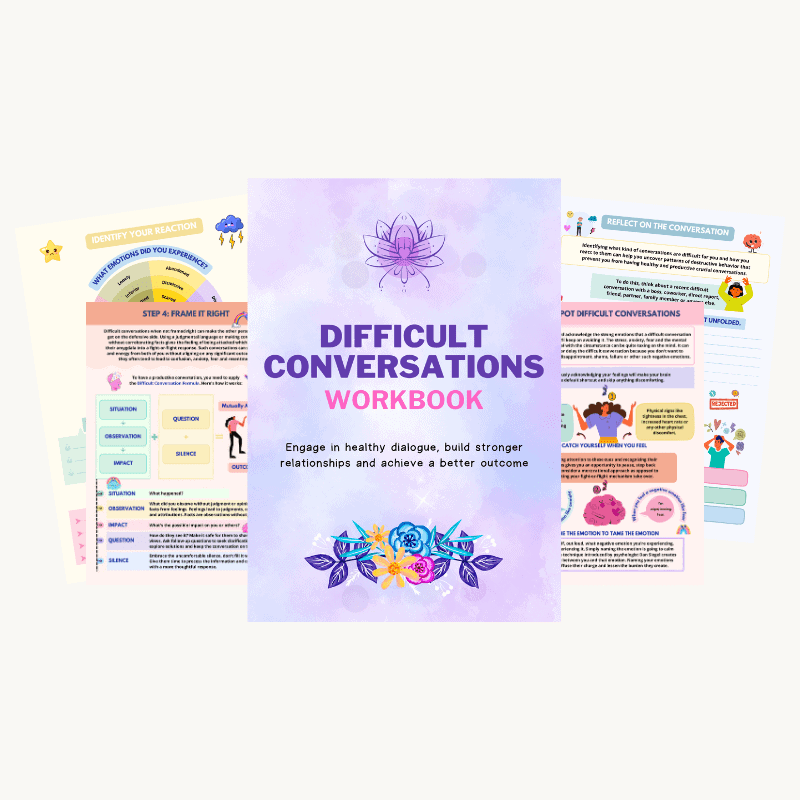Monthly Archive: July 2020
Difficult people push our buttons by acting in undesirable ways. Their behaviour gives us permission to pass judgement and offload responsibility by blaming them. Is it really in our best interest to navigate our lives by blaming them, holding them responsible for not reaching our goals and pretending that we didn’t succeed because of some mean co-workers
What do we do when things do not turn out as intended? Applying Hanlon’s razor can open our mind to seek alternate views instead of assuming bad intention, shift our perspective from a negative frame of mind to a positive one, from shutting down communication to actively engage and blaming others to finding solutions together
Do you tend to solve problems in your head instead of putting them to action? There’s a fine line between thinking and thinking too much. Overthinking can make us obsess about the problem instead of finding solutions, bind our mental frame to seek negative and get stuck in analysis paralysis with the desire to find a perfect solution
When confronted with information that challenges your personal narrative, are you curious about the new information and use that to update your beliefs or do you give in to confirmation bias and find ways to reject the evidence that contradicts your assumptions and look for information that strengthens your point of view
Do you let hierarchy magnify the distance that you have from your people, especially those who do not report to you. How do you learn about the issues that impact people on a day-to-day basis? Skip-level meetings are powerful conversations that can give you access to the personal map every person uses to navigate the organisation



























